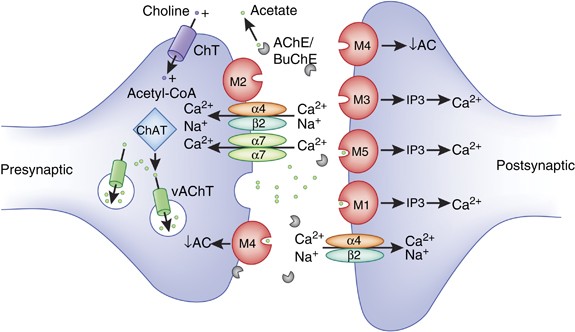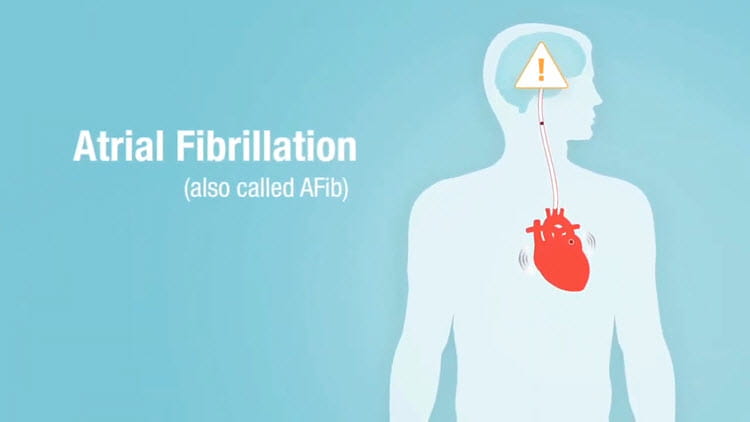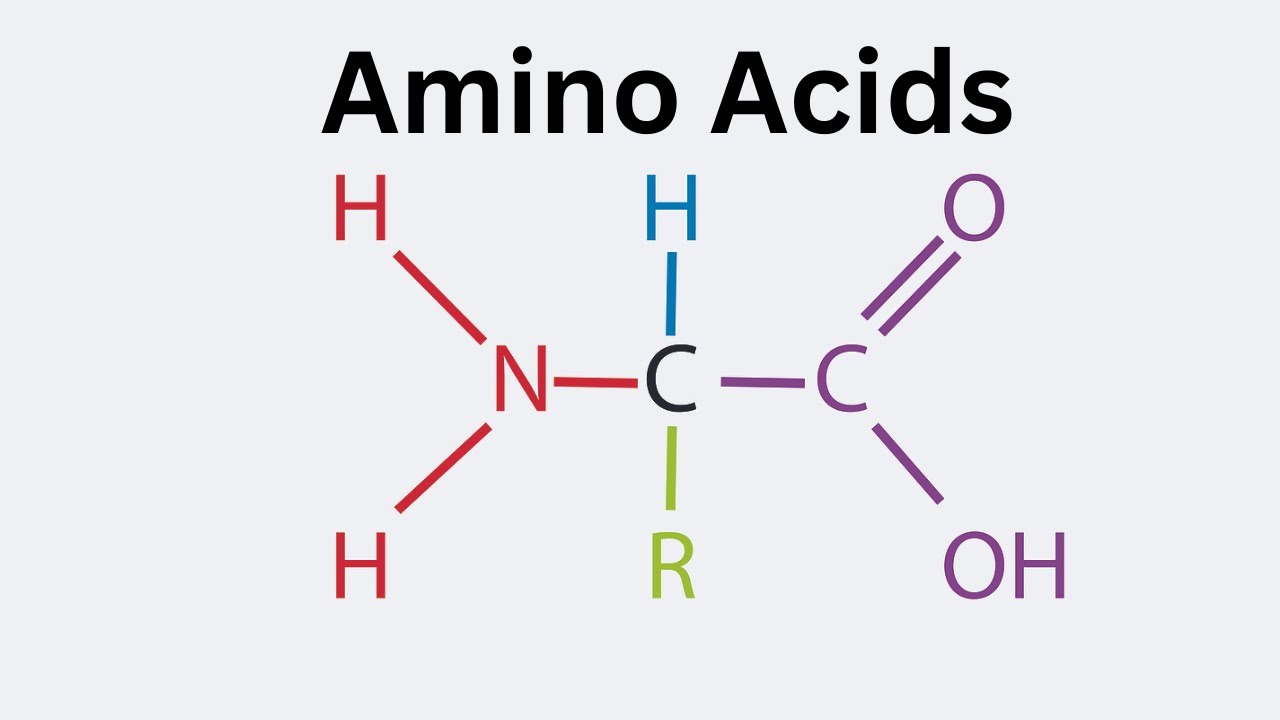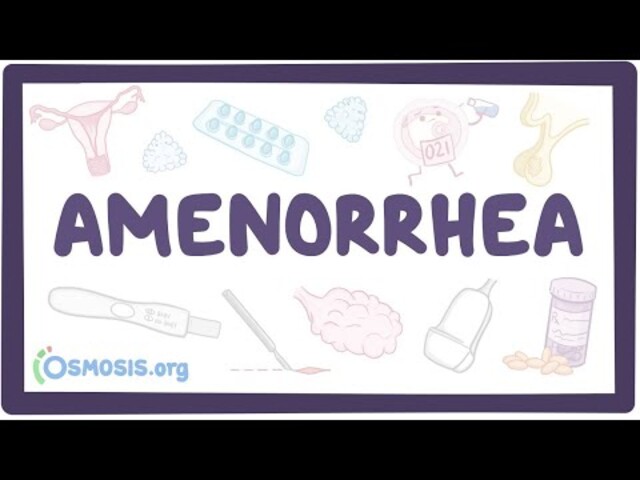Acetylcholine Receptors An Overview
Acetylcholine Receptors An Overview Acetylcholine Receptors An Overview Acetylcholine (ACh) is a neurotransmitter that plays an important role in synaptic transmission in the nervous system. It binds to specific receptor molecules on the surface of neurons, triggering various physiological responses such as muscle contraction and secretion of hormones and neurotransmitters. Acetylcholine receptors are classified into … Read more









